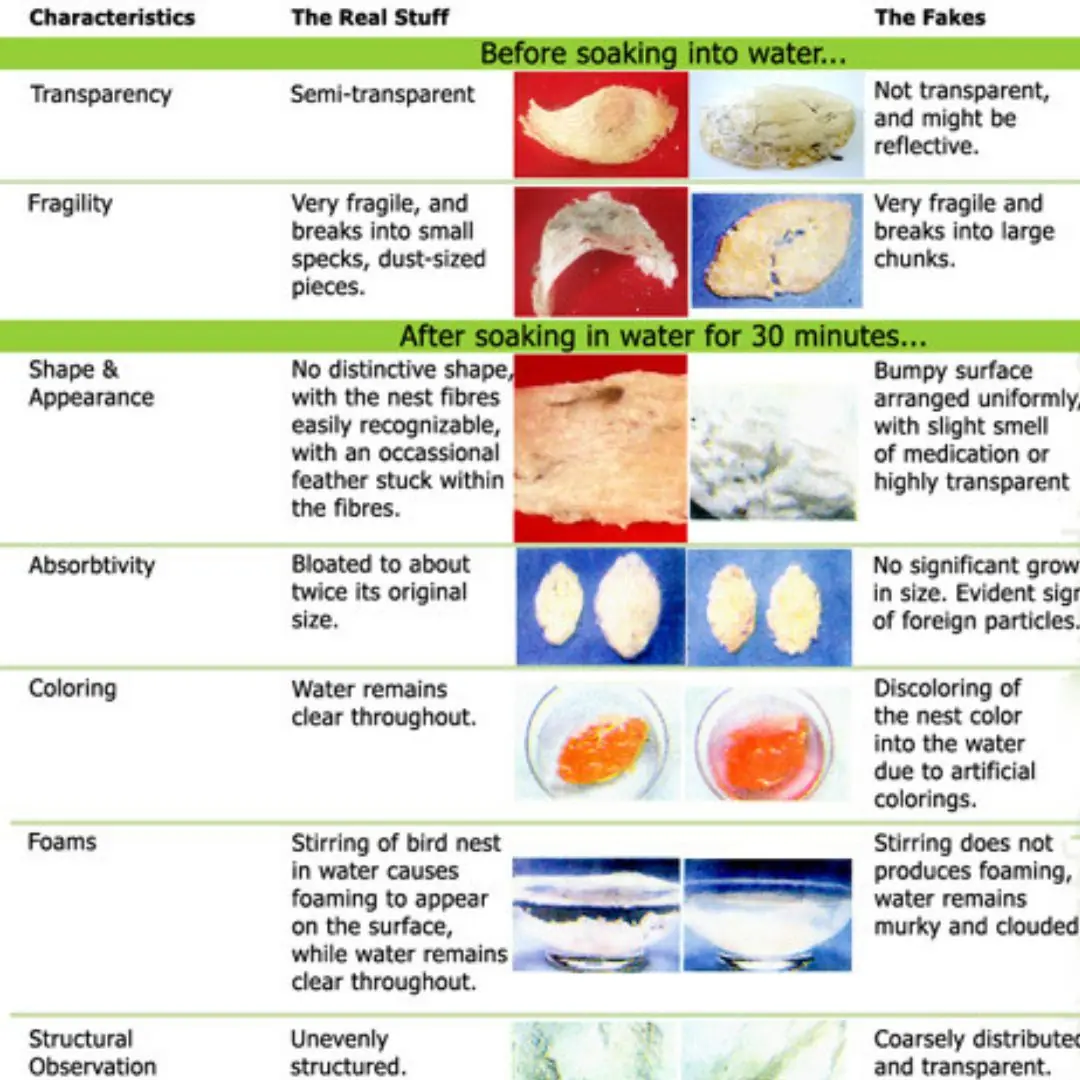
Doctor reveals the 'often overlooked' body part you MUST clean every day, or it could be life-threatening

Doctor Reveals the ‘Often Overlooked’ Body Part You MUST Clean Every Day, or It Could Be Life-Threatening
When it comes to personal hygiene, most people pay attention to brushing their teeth, washing hands, and bathing regularly. However, there is a crucial body part that many tend to neglect during their daily cleaning routine — the navel (belly button). Neglecting proper hygiene of this area can lead to serious infections and health complications that may become life-threatening if untreated.
Why Is Cleaning the Navel Important?
The navel is a small, often recessed area on the abdomen that can easily trap sweat, dirt, dead skin cells, and bacteria. Due to its shape and location, it provides an ideal environment for germs to multiply if not cleaned properly. Over time, this buildup can cause unpleasant odors, irritation, and infections such as omphalitis (infection of the navel).
Risks of Neglecting Navel Hygiene
-
Bacterial and Fungal Infections: The warm, moist environment of the navel can harbor bacteria and fungi, leading to redness, swelling, itching, and discharge. In severe cases, untreated infections can spread to surrounding tissues and cause abscesses or systemic infections.
-
Skin Irritation and Dermatitis: Accumulation of sweat and debris can cause inflammation and allergic reactions, resulting in discomfort and skin breakdown.
-
Foreign Bodies and Lint Accumulation: Clothes fibers, lint, and other debris can get trapped, further promoting bacterial growth and infection risk.
How to Properly Clean Your Navel
-
Use Mild Soap and Water: During your daily shower, gently clean your navel with mild soap and warm water. Use your finger or a soft washcloth to reach inside the belly button.
-
Dry Thoroughly: After washing, make sure to dry the area completely with a clean towel. Moisture left inside the navel can promote bacterial growth.
-
Avoid Harsh Chemicals: Do not use strong antiseptics or alcohol excessively, as they can irritate the delicate skin inside the navel.
-
Check Regularly: Monitor for signs of redness, swelling, unusual odor, or discharge. If any of these occur, seek medical advice promptly.
When to See a Doctor
If you experience persistent pain, swelling, foul smell, or discharge from your navel, it may indicate an infection that requires medical treatment. A healthcare provider can prescribe appropriate antibiotics or antifungal medications and provide care instructions to prevent complications.
Conclusion
The navel is an often overlooked but important part of daily hygiene. Regular and proper cleaning can prevent infections and discomfort that might otherwise escalate into serious health issues. Incorporate belly button care into your daily routine and be vigilant about any unusual symptoms. Good hygiene practices are simple yet vital for maintaining overall health and well-being.
News in the same category

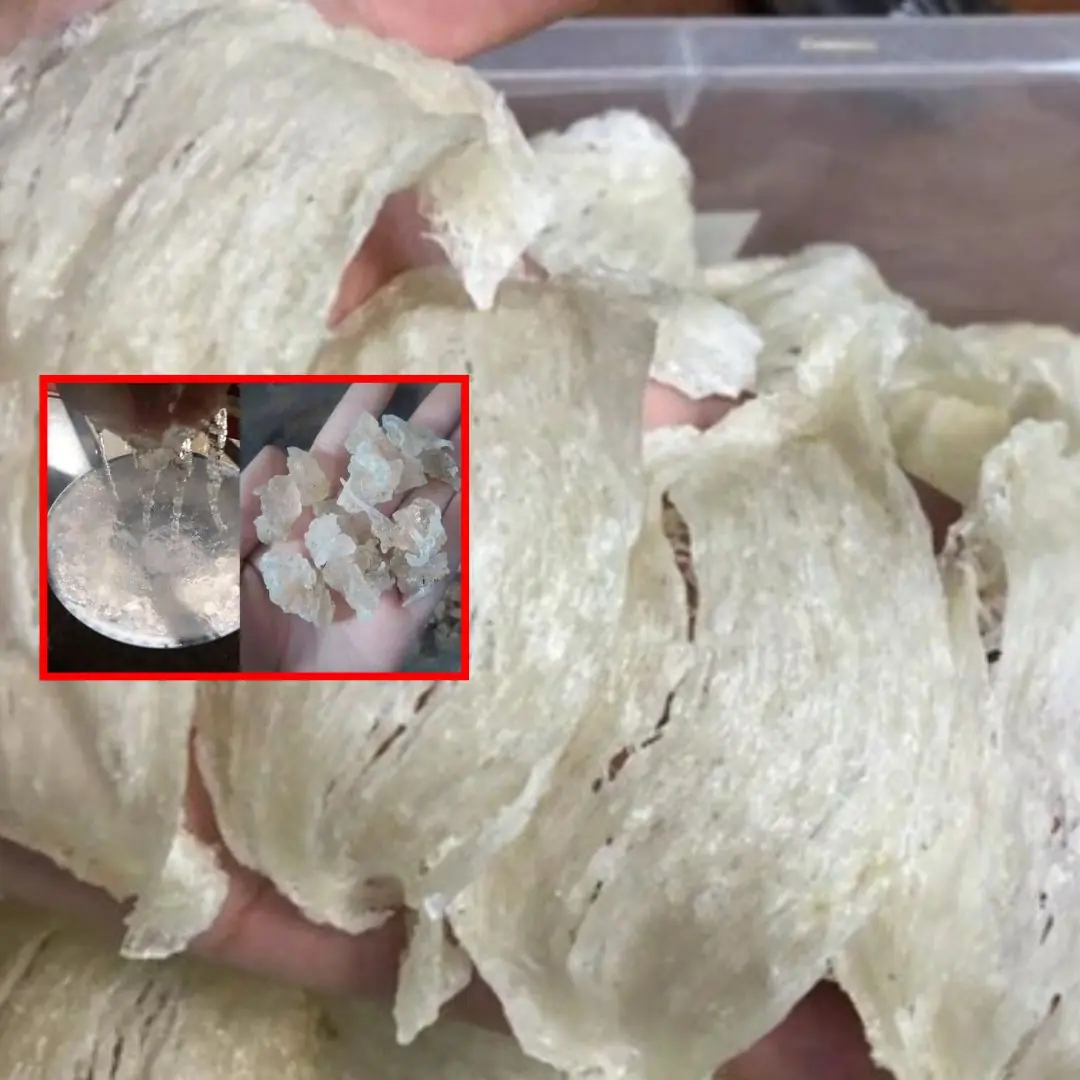
Doctor shows how to identify real and fake bird's nest
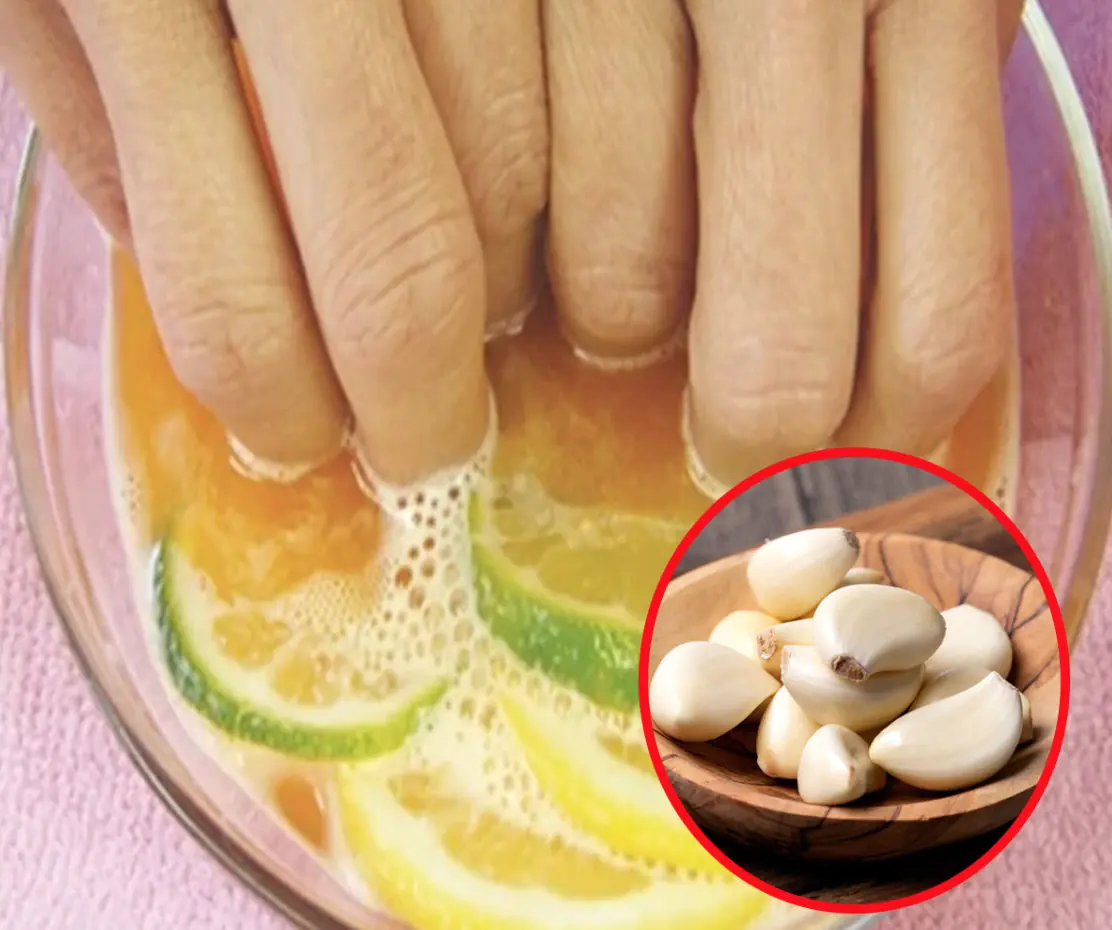
Tips to remove garlic smell from hands when cooking

Many doctors recommend using two pillows when sleeping for better sleep health!

Eat 4 foods on an empty stomach in the morning to help clean the intestines, improve digestion, and prevent canc.er

Walking around the market, a smart person can immediately see that these 5 types of vegetables are "soaked in chemicals", especially number 4
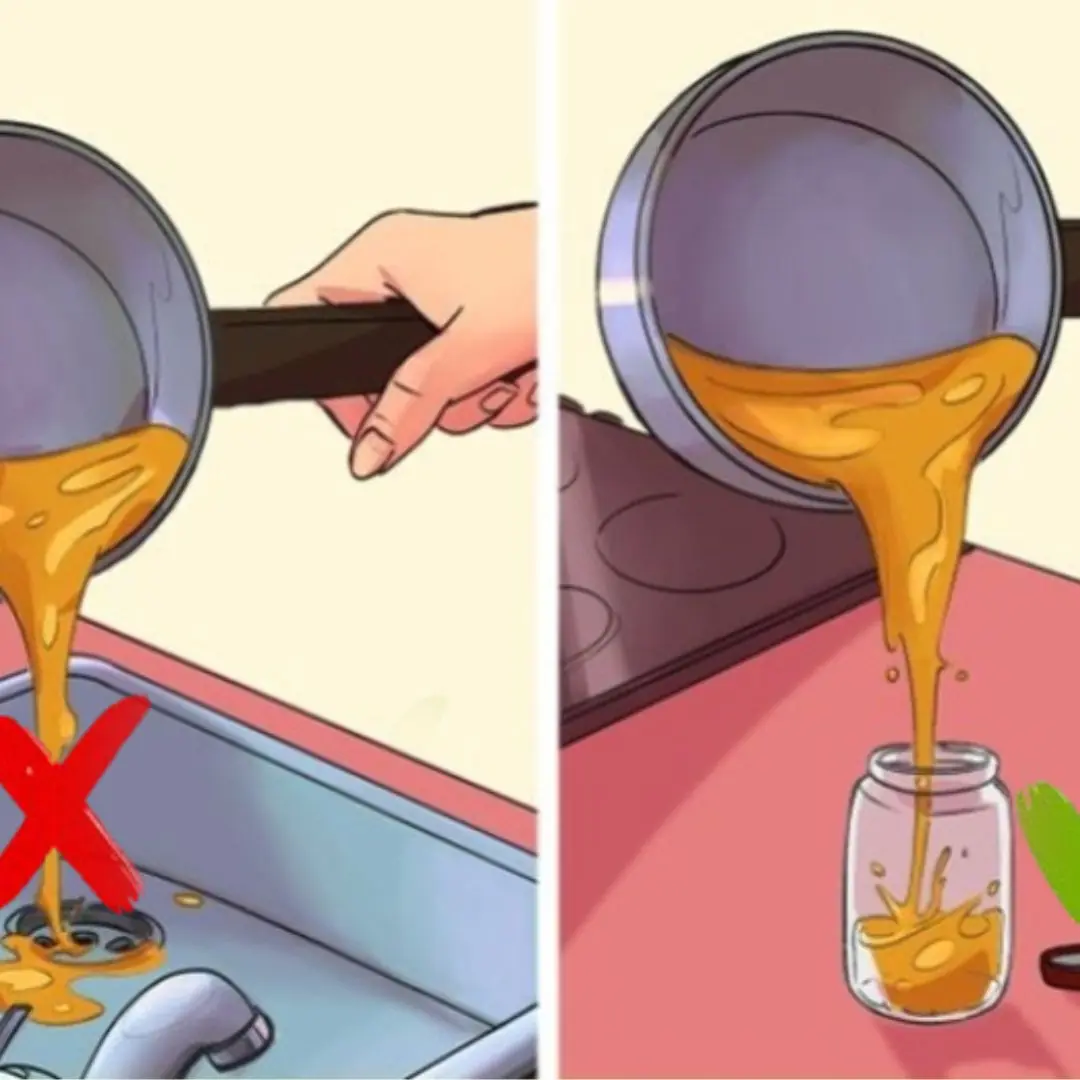
6 effective and safe ways to handle leftover cooking oil you should know

How to clean your TV screen safely without causing damage
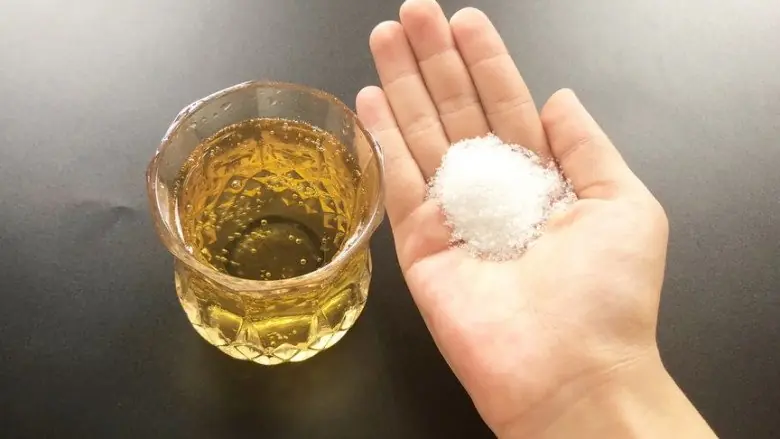
Tips with salt and beer

Pay attention to these types of garlic when going to the market

Don’t Throw Away Leftover Lemon Peels — Keep Them for These 5 Amazing Uses

Many people do not know: Don't be foolish to combine these things with beef!
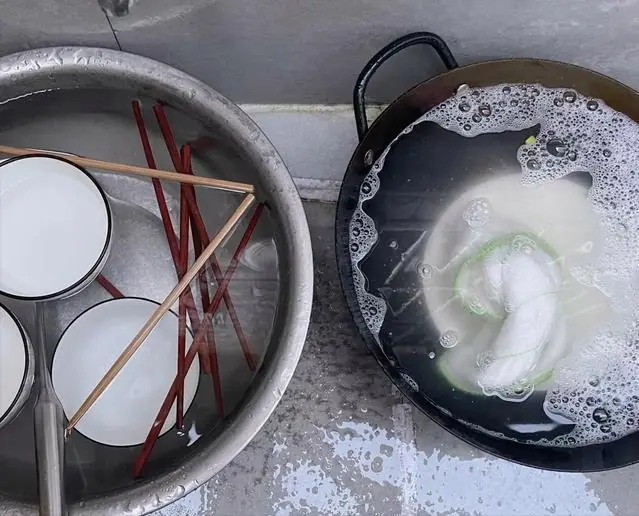
5 mistakes when washing dishes that cause cancer in the whole family, many people do them every day without knowing, especially number 3
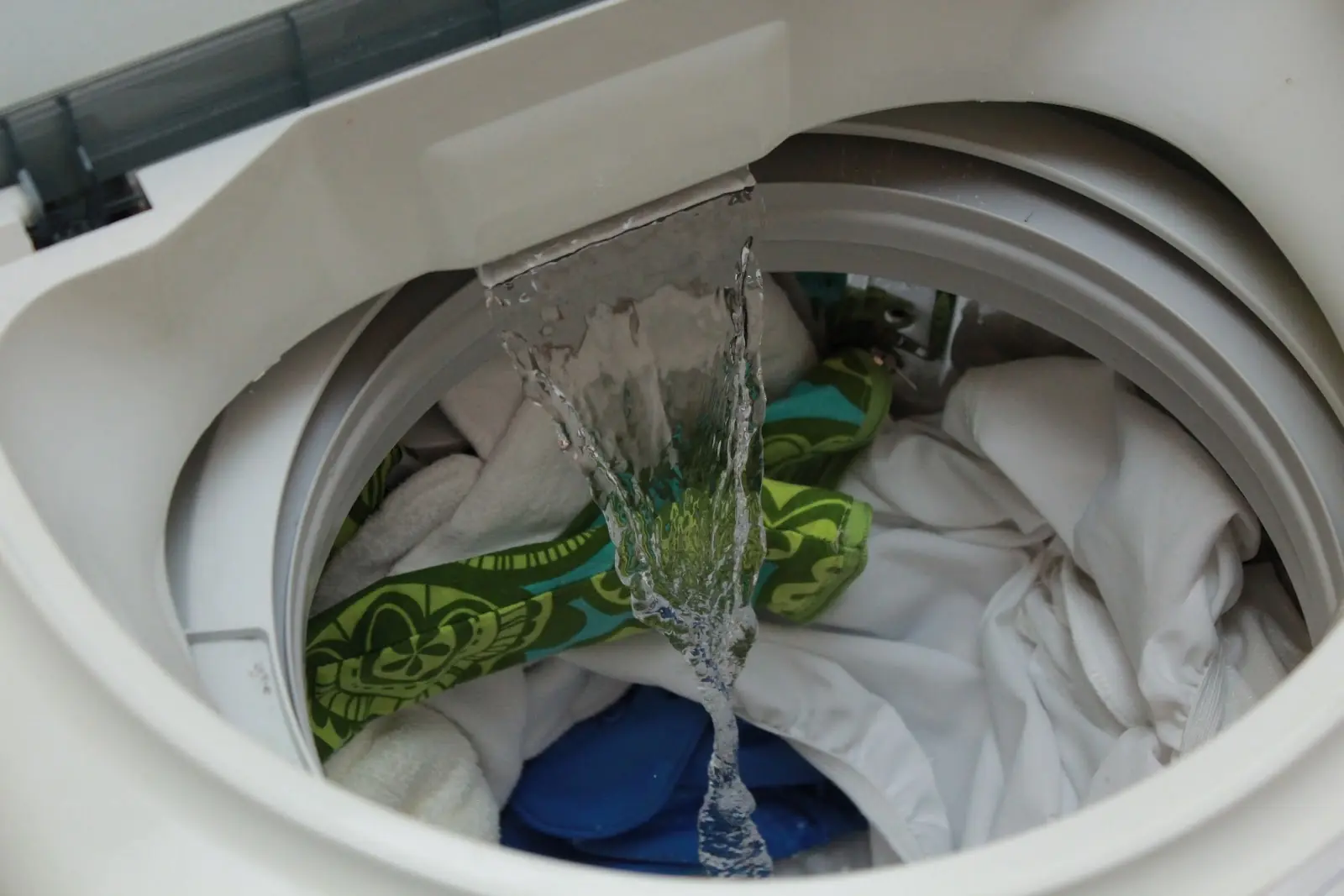
There Are 4 "Electricity-Guzzling Monsters" in the House—Here's How I Finally "Tamed" Them!
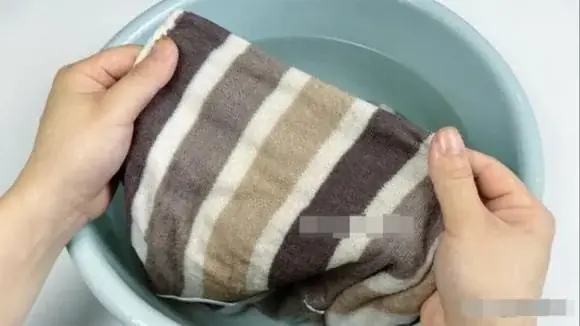
Why Do Towels Turn Yellow and Stiff Over Time? Add This Simple Ingredient to Restore Them Instantly

4 things you SHOULD NOT put in the refrigerator: The longer you leave them, the more they will spoil, completely counterproductive!

This wild vegetable "pumps" natural retinol, and is also super rich in vitamin C. Eat it regularly to keep your skin plump with collagen

These 7 vegetables turn out to be super "oil absorbers", be careful because the more you eat, the fatter you get

How to remove bitterness from cucumber
News Post

7 Ways to Differentiate Between Pure Bird Nest and Fake Bird Nest

Doctor shows how to identify real and fake bird's nest

Growing loofah gourds: Learn how to grow your own loofah sponges

Tips to remove garlic smell from hands when cooking
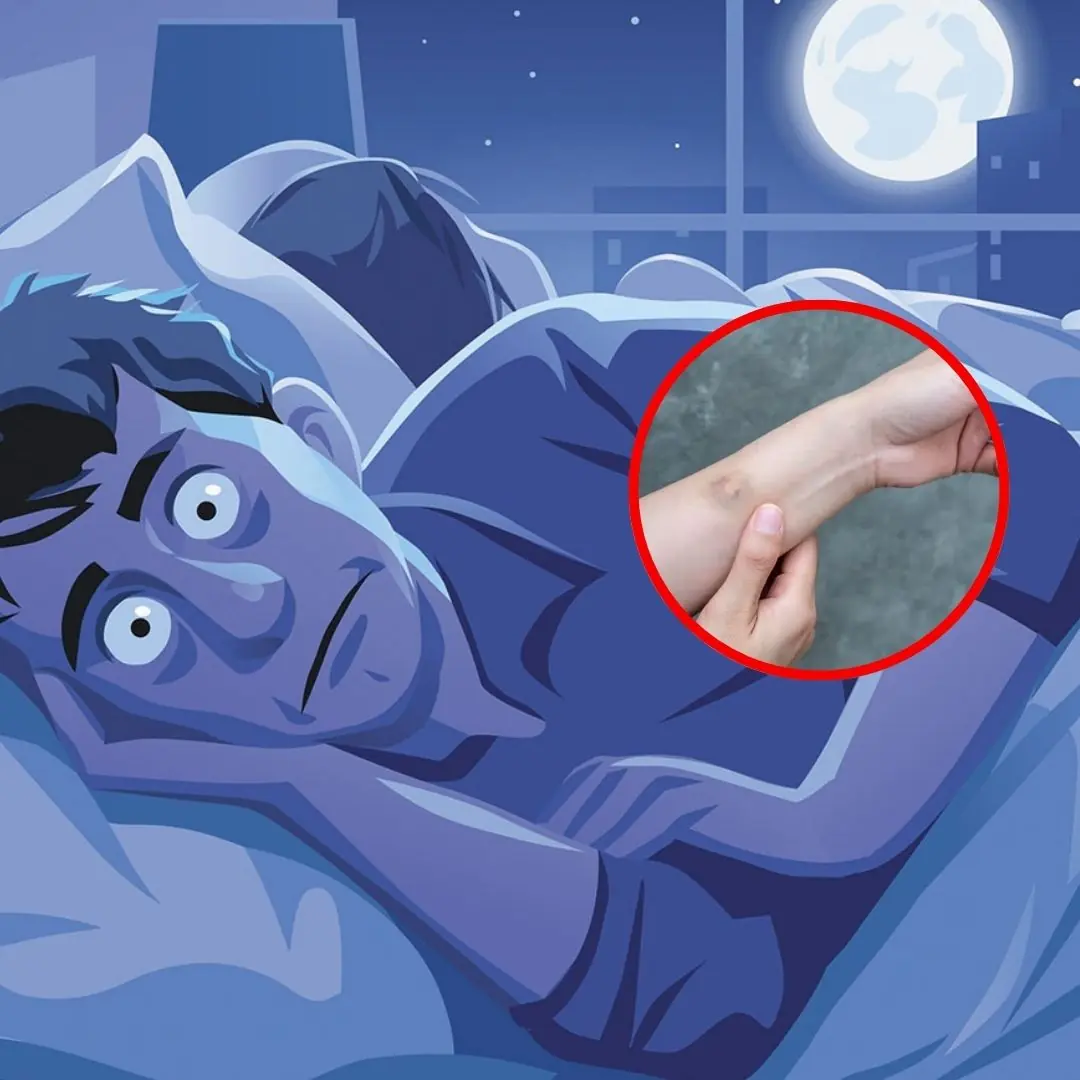
Have you ever wondered why when you wake up, mysterious bruises appear on your body?
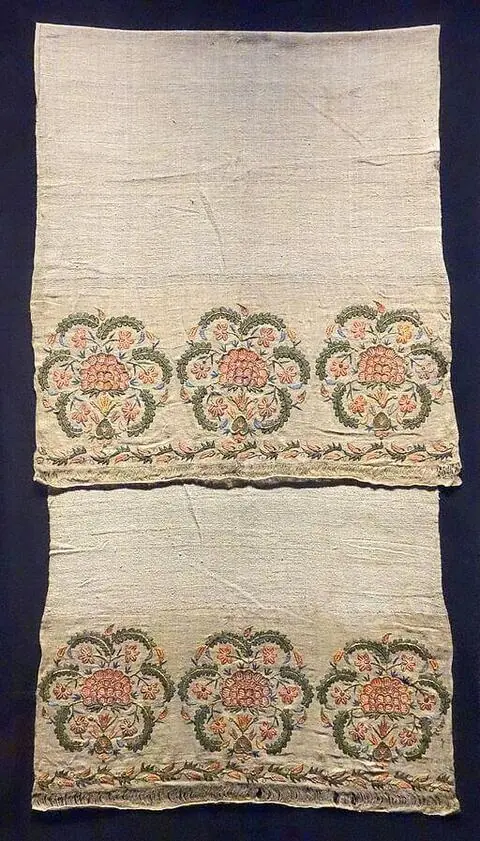
The Gospel According To Joan

Are These Mutant Eggs Safe to Eat? The Truth About Double Yolks and Rainbow Shells

Growing hydrangeas from cuttings

One Thing Most Stro.ke Victims Have in Common: Are You Living at Risk of Cerebral Infarction?

Suddenly Suffering a Stroke After Waking Up, the Woman Regrets a 'Critical' Mistake She Made Six Months Ago

Eating These 5 Foods for Breakfast Is Like Shortening Your Lifespan — But Many People Still Love Them

5 Foods That Stay Edible for a Whole Month at Room Temperature — But Spoil Quickly in the Fridge!

Waking Up at This Hour Every Day May Signal Lu.ng Damage — See a Doctor Immediately if You Also Have These 6 Symptoms

Many doctors recommend using two pillows when sleeping for better sleep health!

Eat 4 foods on an empty stomach in the morning to help clean the intestines, improve digestion, and prevent canc.er

Putting plastic bags in the refrigerator causes can.cer? After hearing the truth, many people immediately ran to do 1 thing

Top foods to absolutely avoid at night if you don't want to affect your health

Walking around the market, a smart person can immediately see that these 5 types of vegetables are "soaked in chemicals", especially number 4
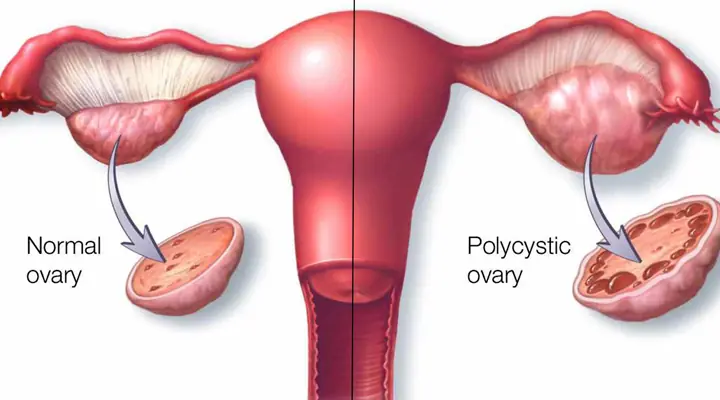
Eat 6 things to help women detoxify their ovaries and prevent gynecological diseases
